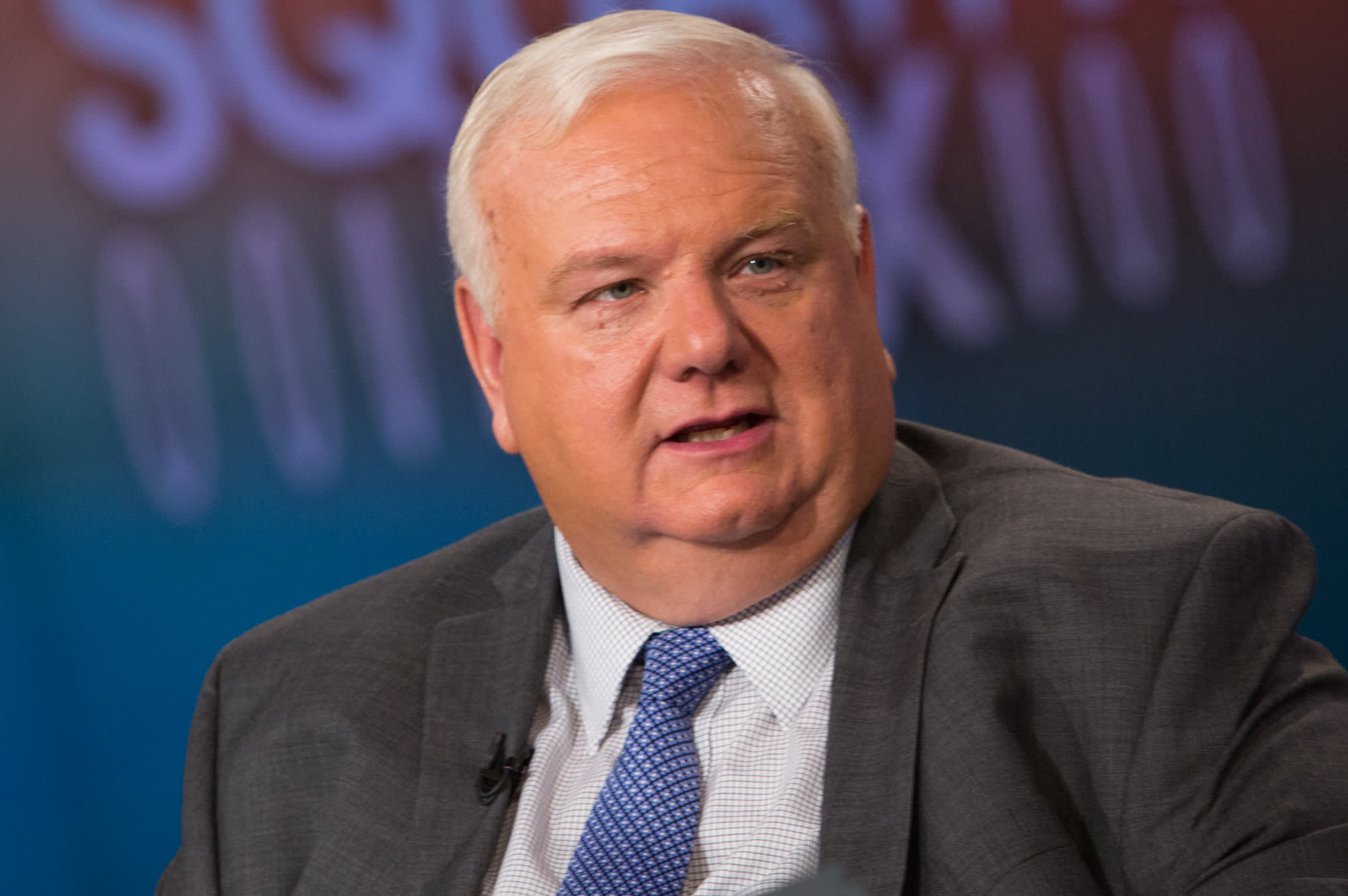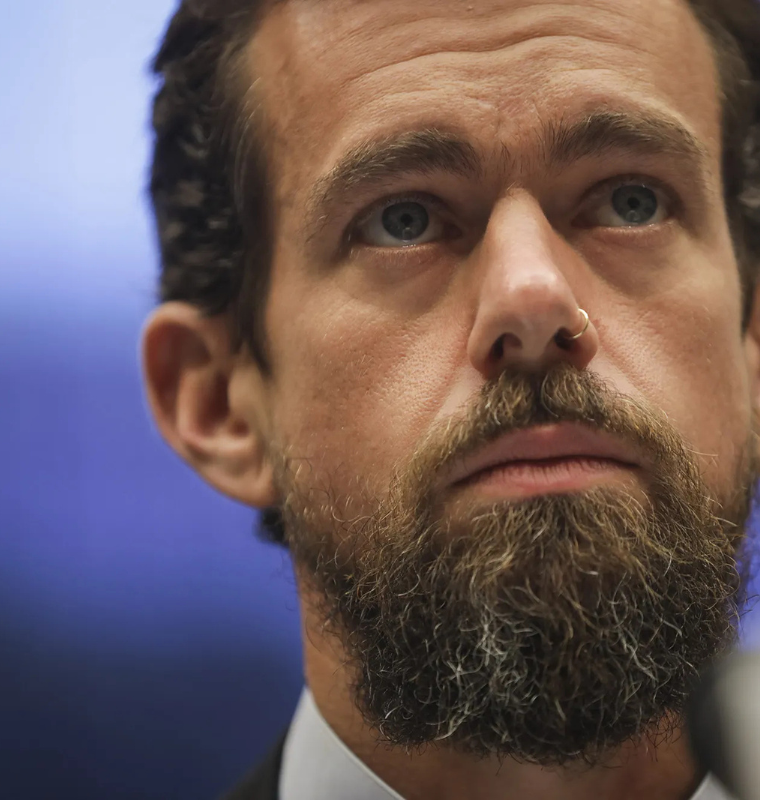Larry Lindsey Steps Back from Fed Chair Consideration Amid Trump’s Search for Powell Successor
Larry Lindsey Steps Back from Fed Chair Consideration Amid Trump’s Search for Powell Successor
By
Leah Rosenfeld
Last updated:
October 10, 2025
First Published:
November 30, 2025

Larry Lindsey, president and CEO of The Lindsey Group | Adam Jeffery | CNBC
Former Federal Reserve Governor Larry Lindsey has officially withdrawn his name from the shortlist of candidates being considered for the next Federal Reserve Chair, according to a report by CNBC’s Eamon Javers on Thursday.
Lindsey, who served on the Fed’s Board of Governors from 1991 to 1997, was among the figures under consideration as President Donald Trump seeks a successor to Jerome Powell, whose term ends in May.
In a message to Javers, Lindsey explained his decision:
“I have a very full, varied, and enjoyable life right now that I don’t want to give up to go through the mill of public life.”
A Key Exit at a Critical Time
Lindsey’s decision to withdraw narrows Trump’s options as he continues to shape the economic leadership team that will oversee interest rate policy, inflation control, and fiscal stability amid ongoing global uncertainties.
Sources close to the administration confirmed that Treasury Secretary Scott Bessent had conducted interviews with Lindsey and several other candidates over the past month. Other names circulating in Washington include Kevin Warsh, a former Fed governor known for his hawkish stance, and John Allison, former CEO of BB&T Bank, who has advocated for tighter monetary policy.
The Fed at a Crossroads
The timing of this development comes as the Federal Reserve faces heightened scrutiny for its policy direction. With U.S. inflation stabilizing around 2.6%, and unemployment holding at 3.8%, the incoming Fed chair will play a crucial role in guiding future rate decisions and maintaining market confidence.
Under Jerome Powell’s leadership, the Fed has navigated one of the most turbulent economic periods in modern history — including the pandemic shock, record-breaking stimulus programs, and an ongoing recalibration of monetary tightening. Any shift in leadership could signal changes in tone and policy, particularly concerning the Fed’s balance sheet reduction and future rate cuts expected in mid-2025.
A Legacy of Economic Insight
Lindsey, 70, is widely respected for his deep understanding of fiscal and monetary policy. During his tenure on the Fed Board, he was often described as a pragmatic conservative, emphasizing inflation control and sustainable growth. After leaving public office, he founded The Lindsey Group, an economic advisory firm in Washington, D.C., and has since remained an influential voice in financial circles.
While Lindsey’s exit may disappoint some within Trump’s circle who valued his experience and credibility, analysts say the move likely reflects his desire to maintain his independence and avoid the political turbulence that comes with the Fed’s top job.
What Comes Next
The White House has yet to announce an updated shortlist, but sources suggest a decision is expected before year-end, allowing for a smooth transition before Powell’s term concludes in May.
Markets have so far shown little reaction to the news, with U.S. Treasury yields holding steady at 4.21% and the Dow Jones Industrial Average up 0.3% in early Friday trading — a sign that investors view Lindsey’s withdrawal as unlikely to disrupt broader expectations for monetary continuity.
As speculation mounts, attention now turns to whether Trump will prioritize loyalty, market stability, or monetary hawkishness in his final choice — a decision that could define the economic trajectory of the next decade.
Popular articles
Subscribe to unlock premium content
London’s Gourmet Playgrounds

From Bean to Buzz in Thailand

The Secret Life of Pop-Up Luxury Restaurants in Paris

London’s Gourmet Playgrounds

From Bean to Buzz in Thailand

London’s Gourmet Playgrounds









